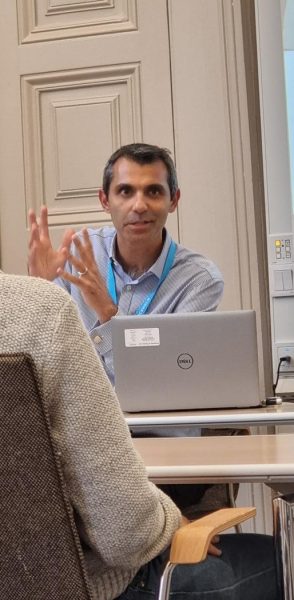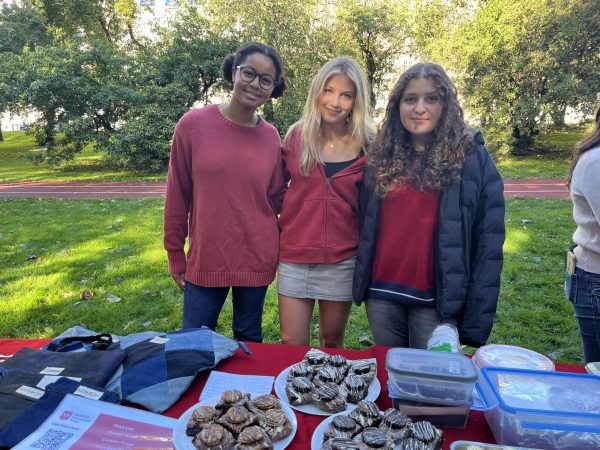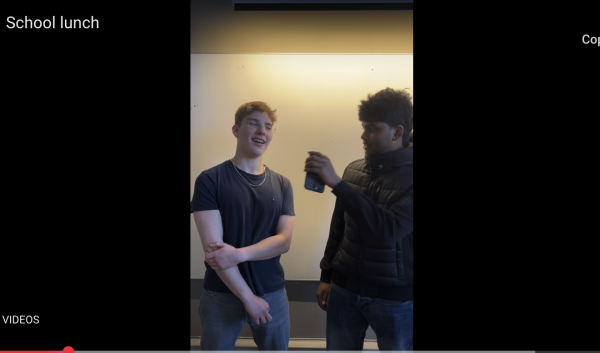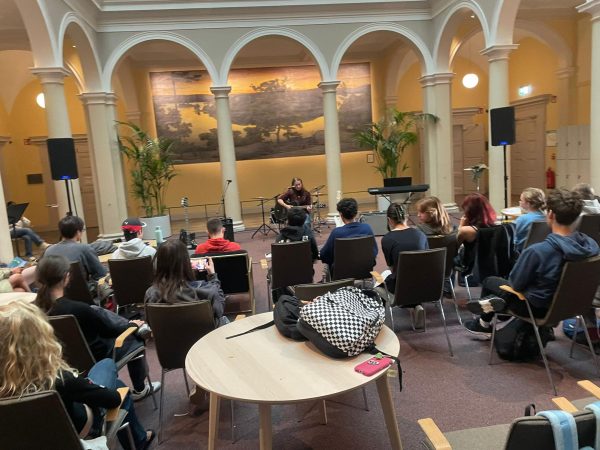SIS MUN ’15: A Symbolic Step in the Right Direction
The Israel-Palestine conflict is a complicated one; it has existed in one form or another since the Zionist movement began in the late 19th century. The peace process has been long and difficult, and an end does not seem to be in sight. However, it would be counterproductive to say that a resolution is unattainable.
When the topic of the 2015 MUN Day was brought up in a meeting early this academic year, the suggestion of using the Israel-Palestine conflict was not met with much enthusiasm. Many thought it to be too personal — too emotional — to be the subject of debate in an international school setting.
I must confess to having been part of this group of doubters. I thought it insensitive to bring up a subject that causes such division. In retrospect, my unwillingness to speak about the issue is part of the problem, as the only way to begin solving any difficult situation is to talk about it; no progress can be made in the peace process if the issue is not discussed from all perspectives.
It takes a special type of bravery to be willing to continue with something despite knowing that you will meet opposition. SIS’s tactful treatment of the Israel-Palestine conflict led to the MUN DP group being invited to each of these nation’s embassies.
The trip to the Palestinian embassy took place on Wednesday, March 25th. Agnese B., a student who went, shares her experience with us:
“The purpose of the embassy visit was to deliver the resolutions we came up with during the MUN conference to the ambassador so that she would be able to see the results of a hard day’s work. The talk developed into one about current events.
If the Ambassador was kind enough to come to the SISMUN conference as a speaker, she seemed more than delighted to engage with us in conversations about such an important issue for the world, and more personally, for her. As MUN students who chose the topic and main questions for the conference earlier in the year, it was an amazing experience to hear more, learn more, and ask more questions about a topic of such great interest to us.”
The Israeli embassy visit was on Tuesday the 28th of April and I was part of the group that went. We spoke to Uri Rothman, the Deputy Chief of Mission at the embassy, about Israel’s depiction in the Swedish media, as well as the conflict in a broader sense. Mr. Rothman’s parting words struck me: what is important to remember when trying to find a resolution to the conflict, he explained, is that there is no trust between Palestine and Israel.
And that is what I think the root of the problem is. Each side can propose policy changes or territorial alterations, but there can be no solution if there is no trust that promises will be kept.
Open discussions like the SISMUN ’15 can be part of the solution. Talking about the problem, and putting ourselves into both Israeli and Palestinian shoes can help us stay open-minded in such a divisive conflict.
Nevertheless, no outsider can decide how to resolve this conflict. Ultimately, it is the responsibility of Israel and Palestine to reach an agreement and end the conflict once and for all.








